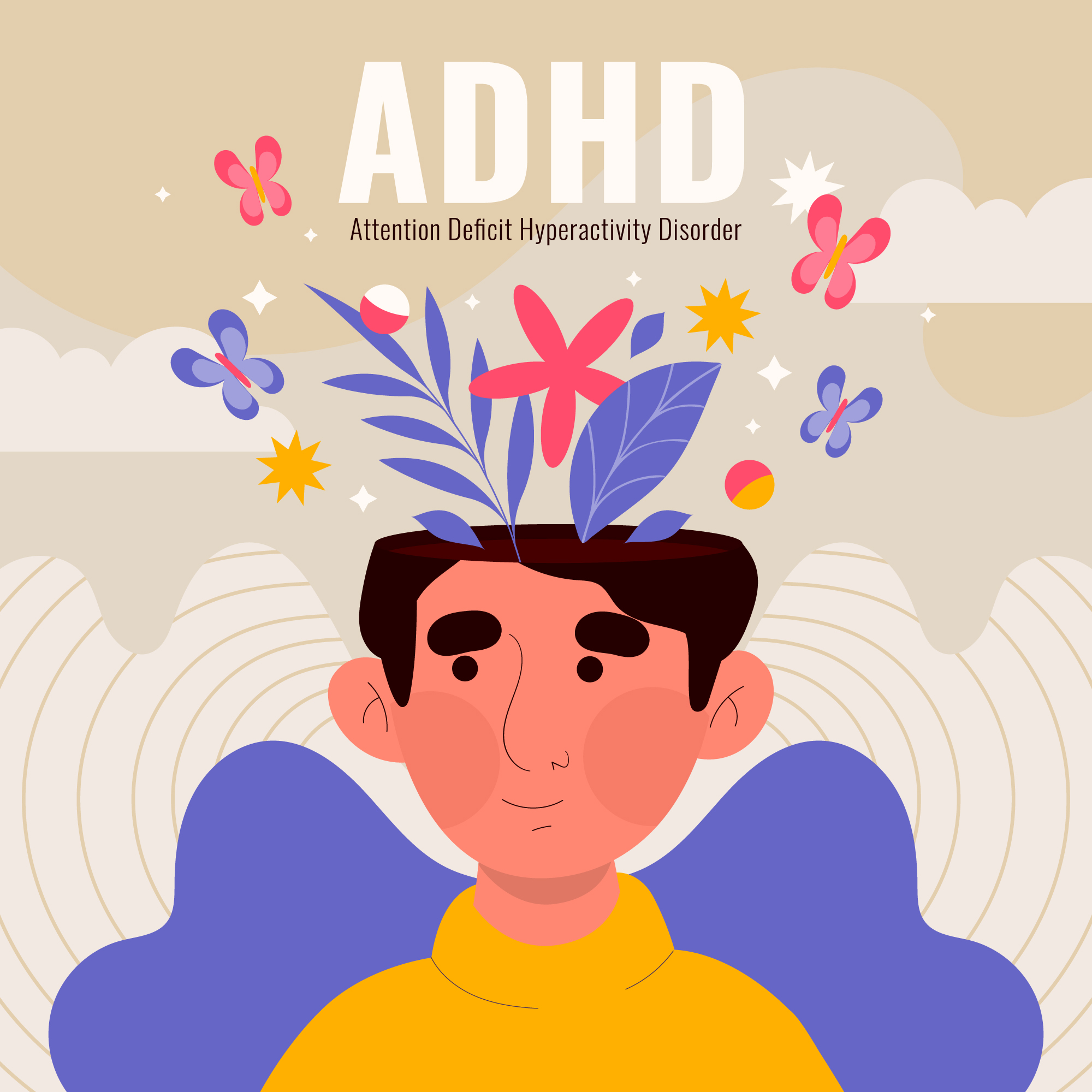Navigating the realm of ADHD treatments for adults can be complex, but understanding the available therapies is a crucial step toward effective management. From traditional cognitive-behavioral therapy to emerging mindfulness practices, this guide decodes the various therapeutic options for adults with ADHD.
The Landscape of ADHD Therapies
Before delving into specific therapies, it’s essential to grasp the diverse landscape of ADHD treatments for adults. Therapies aim to address the core challenges of ADHD, including difficulties with focus, impulsivity, and organization. They provide individuals with practical tools and coping mechanisms to enhance daily functioning and overall well-being.
Cognitive-Behavioral Therapy (CBT)
Cognitive-behavioral therapy (CBT) stands out as a cornerstone in ADHD treatment. This evidence-based approach focuses on identifying and modifying negative thought patterns and behaviors. In the context of ADHD, CBT helps individuals develop strategies to manage impulsivity, improve time management, and enhance organizational skills. By fostering self-awareness, CBT empowers adults with ADHD to navigate challenges more effectively.
Mindfulness-Based Therapies
Mindfulness-based therapies, such as Mindfulness-Based Cognitive Therapy (MBCT) and Mindfulness-Based Stress Reduction (MBSR), have gained recognition for their positive impact on ADHD symptoms. These practices involve cultivating present-moment awareness through meditation and mindfulness exercises. By promoting attention regulation and emotional self-regulation, mindfulness-based therapies offer valuable tools for adults with ADHD to manage daily stressors.
Psychoeducation: Understanding ADHD
While not a traditional therapy per se, psychoeducation is a vital component of ADHD treatment. Understanding the nature of ADHD, its impact on daily life, and the available coping strategies is empowering. Psychoeducation equips individuals with knowledge to navigate their challenges and communicate effectively with healthcare providers, fostering a collaborative approach to treatment.
Executive Functioning Coaching
Executive functioning coaching is a specialized form of coaching tailored to address the unique challenges associated with ADHD. Coaches work with individuals to enhance executive functions such as planning, organization, and time management. This hands-on approach provides practical strategies for managing daily tasks and responsibilities, promoting a structured and goal-oriented lifestyle.
Behavioral Interventions
Behavioral interventions target specific behaviors associated with ADHD, aiming to reinforce positive actions and minimize negative ones. These interventions often involve setting clear goals, implementing reward systems, and utilizing consistent routines. By focusing on behavior modification, individuals can cultivate habits that contribute to better self-control and improved daily functioning.
Supportive Counseling
Supportive counseling provides a safe and empathetic space for individuals with ADHD to explore their thoughts and emotions. While not explicitly focused on skill-building, counseling can be instrumental in addressing the emotional challenges often associated with ADHD, such as frustration, low self-esteem, and anxiety. Establishing a supportive therapeutic relationship can enhance overall well-being.
Group Therapy and Support Networks
Group therapy offers a unique dynamic for individuals with ADHD. Sharing experiences and strategies with peers fosters a sense of community and understanding. Support networks, both formal and informal, provide ongoing encouragement and validation. Group settings allow individuals to learn from others facing similar challenges, promoting a collaborative approach to ADHD management.
Technology-Assisted Therapies
In the digital age, technology-assisted therapies are emerging as valuable tools for ADHD management. Mobile apps and online platforms offer resources for organization, time management, and mindfulness. These technologies can complement traditional therapies, providing individuals with accessible and personalized support.
Conclusion: Tailoring Therapies for Personal Success
As we decode the landscape of ADHD therapies for adults, it becomes clear that a tailored approach is key. Each individual may find certain therapies more effective than others, and a combination of approaches is often beneficial. By working closely with healthcare providers, individuals can explore and personalize their therapeutic journey, unlocking the tools needed to manage ADHD and thrive in daily life.


